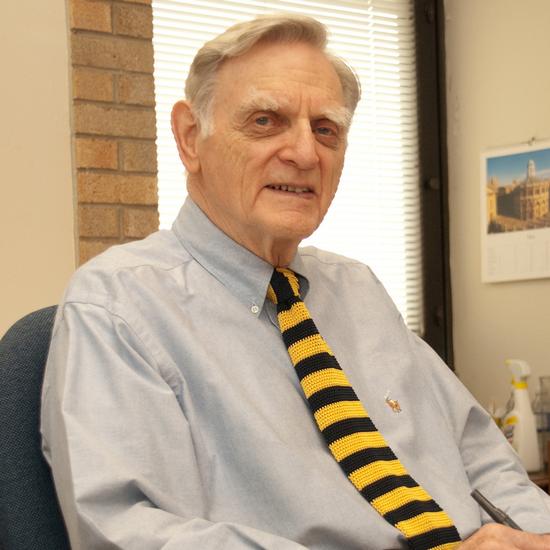John Goodenough was a solid state physicist who made a particularly profound impact on the development of materials for efficiently converting and storing energy in fuel cells and batteries. John's discovery of lithium cobalt oxide led to the development of the high-performance rechargeable lithium-ion batteries now widely used in devices such as mobile phones and laptop computers.
He also made fundamental advances in understanding magnetism. He helped to develop the first random-access memory - RAM - used in computers, and jointly devised the Goodenough-Kanamori rules on magnetic superexchange. Recently, he made discoveries relating to superconductivity and magnetoresistance - a change in electrical resistance brought about by a magnetic field.
John's achievements have won wide recognition. He was a winner of the Enrico Fermi Award of the US government, and the Royal Society of Chemistry established the John B. Goodenough Award in his honour. John is also the recipient of the Japan Prize, which recognises work that is both scientifically outstanding and of benefit to humanity in general.
Professor John Goodenough ForMemRS died on 25 June 2023.
Subject groups
- Chemistry
Chemistry, materials
- Engineering
Materials science (incl materials engineering)
Awards
Copley Medal
In recognition of his exceptional contributions to the science and technology of materials, including his discovery that led to rechargeable lithium batteries.
Japan Prize
In the field of science and technology of environment conscious materials for discovery of environmentally benign electrode materials for high energy density rechargeable lithium batteries.
Nobel Prize in Chemistry
For the development of lithium-ion batteries.

